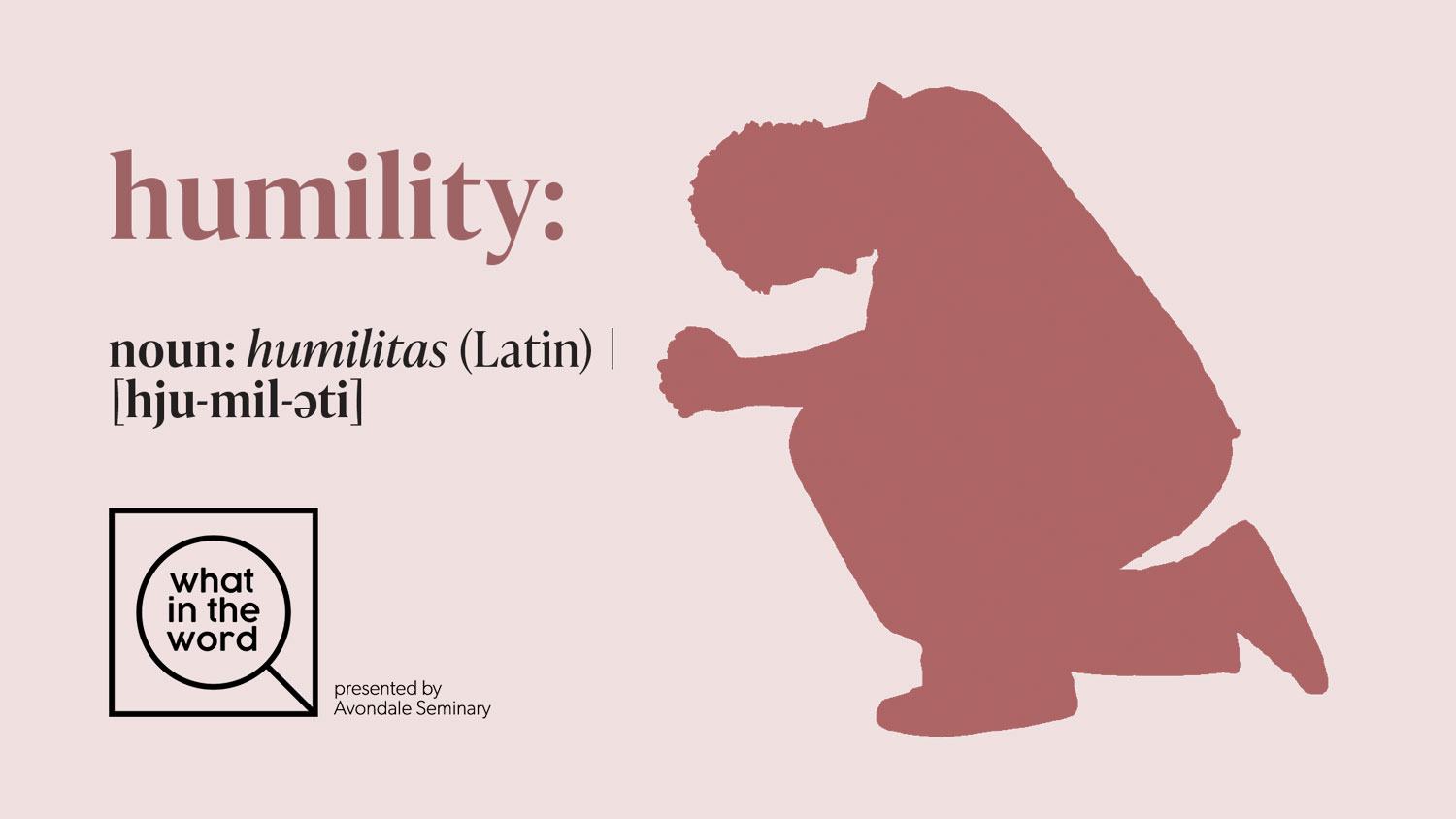Humility is an essential yet difficult Christian virtue. There may be two reasons why humility is a difficult virtue. Firstly, we seem to in the world today love praise, compliments and admiration. Few of us settle for modesty, meekness and lowliness. Secondly, as John Dickson notes, once you think that you possess humility, you’ve lost it, and as such, no-one can claim to have attained humility.
The Hebrew word for humility is anawah, the Greek word for humility is tapeinophrosune. In the Old Testament, the word anawah appears four times. In the New Testament, the word tapeinophrosune appears seven times. They both mean to lower oneself. Humility is defined as the assuming of a position lower than that which one is entitled.
Humility is a virtue rarely seen in the contemporaries of Jesus. A quick read of the biographies by Cornelius Nepos, Plutarch, Suetonius, or Tacitus around the time of the New Testament reveals that they don’t emphasise humility in their subjects. In the Gospels, the Pharisees, the doctors of the law and the disciples do not display humility. At some stage, John and James wanted to be first and second in the Kingdom of God. The disciples often argued about who would be the greatest.
Compared to the lack of humility in the first century, the New Testament authors present a humble Jesus. Paul composes a beautiful first-century poem in the book of Philippians. It reads, “Who, though he was in the form of God, did not count equality with God a thing to be grasped, but emptied himself, by taking the form of a servant, being born in the likeness of men. And being found in human form, he humbled himself by becoming obedient to the point of death, even death on a cross” (Philippians 2:6-8).
This passage describes the descent of Christ from heaven to earth to live as a servant and then to experience death on the cross like a vulgar criminal. In the experience of the cross, Jesus not only humbles Himself but is humiliated by the shame, indignity and disgrace.
Jesus demonstrates humility to His disciples when He takes a basin and a towel, lowers himself, then washes their feet during the Last Supper. Jews and Gentiles despised washing the feet of guests. Feet got dirty not only from the dust on the roads, but also from the refuse dumped from people’s chamber pots. No wonder the Jews and Gentiles considered it a submissive job reserved for slaves.
The exhortative section of both passages is mimetic, urging Christians also to imitate Christ’s humility. Paul writes, “Do nothing from selfish ambition or conceit, but in humility counts others more significant than yourselves. Let each of you look not only to his own interest, but also to the interests of others” (Philippians 2:3-4 ESV). In the foot-washing passage, Jesus explicitly calls for his disciples to imitate His action (see John 13:12-16). The story becomes a moralising moment where Jesus models humility and requests His disciples to display the same virtue.
Christ’s example should urge us to humble ourselves for the sake of others even if that humility leads to humiliation.
Here’s a reminder from my favourite author, “No-one must seek exaltation. The more humbly we move and work, the more will we be exalted with God. The return of Jesus Christ to our world will not be long delayed. This is to be the keynote of every message.”
Hensley Gungadoo is a Lecturer at the Avondale University College seminary.







